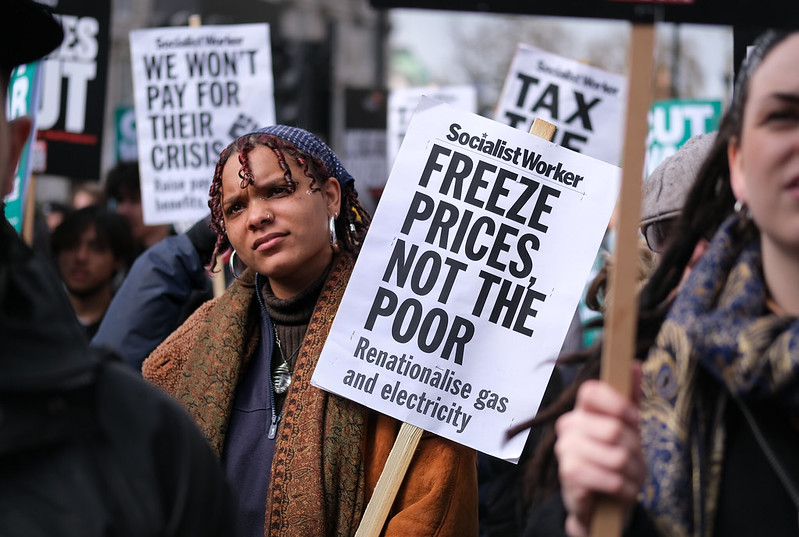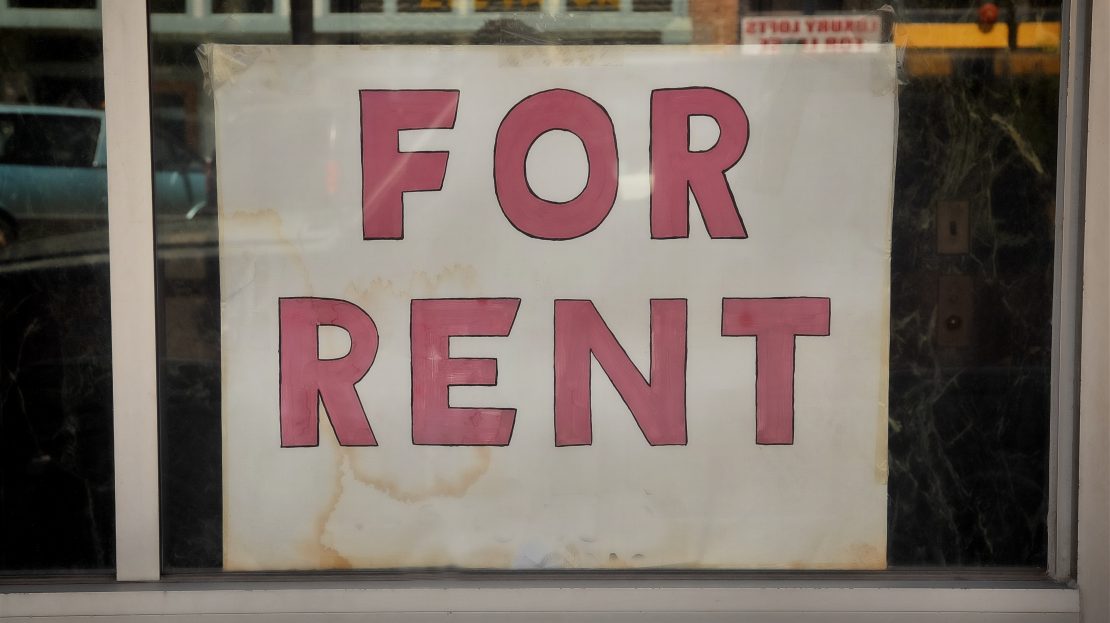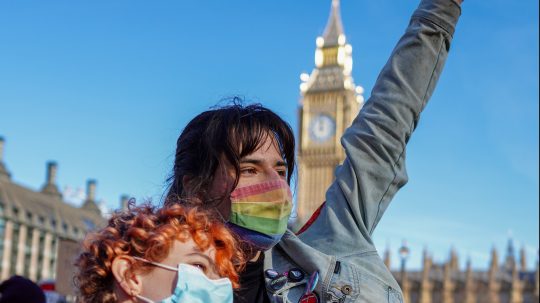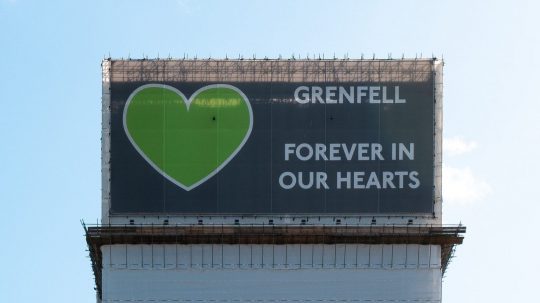A new report estimates the total number of people expected to be living in fuel poverty in the UK could rise to 35 million in the coming months. Rising energy bills, inflation and a cost-of-living crisis have left experts concerned about the nation’s welfare. Several organisations are now calling on the government and energy regulator, Ofgem to do more to support vulnerable people and prevent deaths this winter.
The report found that 35 million people – almost half the country’s population – are now under threat of fuel poverty by the end of October. It is estimated that fuel poverty and inflation will affect 13 million households across the UK and is through to increase toward the end of the year.
The Right to life
According to the National Institute of Health and Care Excellence, in 2020 alone, there were over 28,000 winter deaths caused by living in cold homes. Under the Human Rights Act (HRA) everyone has the right to life as well as the right to adequate housing under article 25 of the Universal Declaration of Human Rights (1948) and in article 11 of the International Covenant on Economic, Social and Cultural Rights (1966).
For families like Marianna’s, the winter can be a struggle. Marianna and her family are surviving on kettle packs from the food bank. Kettle packs are ready meals requiring only boiling water to be added, to avoid the cost of using an oven. Mariana recently lost £120 a month of her Universal Credit in an unexplained deduction and a rent top-up, leaving her struggling to provide for herself and her two children. However, she is just one of the millions who will face similar realities in the coming months.
Gareth is 75. He lives alone in Wales. To keep warm last winter he stayed in bed all day.
He’s terrified of the winter ahead.
Where is the Government and Ofgem? We must do more to help people like Gareth.#costofliving #fuelpoverty #powerless pic.twitter.com/xVpWH2vZkH
— Good Law Project (@GoodLawProject) August 16, 2022
Concerns over disabled people’s welfare
Campaigners are calling for a thorough reassessment of social security support for disabled people to end the ‘appalling levels of poverty’ in our communities. Julia Modern, a campaigner for disability rights, recently set up a letter campaign in which people can write to their MP and help raise awareness by sharing their letters on social media.
Modern stated: “Poverty among disabled people is a massive and growing problem. Over a decade of cuts in government social provision has left many disabled people without access to essentials and caused or contributed to hundreds of thousands of deaths.”
According to Disability Rights UK, half of all people living in poverty are either disabled people themselves or have a disabled person in their household. More than half of people who use food banks are disabled people and social care charges mean that for many disabled people essential care can become unaffordable.
Ofgem could face legal action
The Office of Gas and Electricity Markets (Ofgem) may face legal action for failing to protect vulnerable people. As a regulator, Ofgem sets the level at which the cost of energy is capped. When it does this, it has a duty to protect consumers, particularly those who are vulnerable.
The Good Law Project has just put the regulator ‘on notice’ of court action. Meaning that it will face legal action if it fails to ease the pressure of paying rising tariffs, for vulnerable people.
The Good Law Project stated: ” In our analysis, that means it (Ofgem) has to conduct a proper impact assessment before implementing changes to the price cap. Having done so, it has the power to ease the pressure of mounting bills on vulnerable consumers who are likely to be most affected by imposing a separate, lower cap for them, sometimes called a ‘social tariff’.”
The government’s response is a ‘short-term sticking plaster’
In May, The government announced a £15 billion package to help struggling households with their energy bills. The Treasury has stated that all households are expected to see a £400 discount on energy bills, with the lowest income families getting an additional, one-off payment of £650. Pensioners will receive an extra winter fuel payment of £300 and a £150 disability cost of living payment.
Responding to the government’s recent support package, Ian Preston, director of household energy at the Centre for Sustainable Energy, described the package as “only short-term sticking plasters” and states that support “doesn’t go far enough”. Preston stated: “We need a longer-term large-scale home retrofit programme to help tackle the problem of soaring energy bills and cold homes.”
On 26 August, Ofgem is set to announce yet another energy price cap hike, which will come into effect on 1 October. This will raise the average household bill to a predicted £3,582, marking a 180% increase from this time last year. In doing so, it seems to have barely considered the impact its decision will have, let alone any steps it could take to mitigate it.
The Her Majesty’s (HM) Treasury has stated:
“Millions of households across the UK are struggling to make their incomes stretch to cover the rising cost of living. That is why the government is providing over £15 billion in further support, targeted particularly on those with the greatest need. This package is in addition to the over £22 billion announced previously, with government support for the cost of living now totalling over £37 billion this year.”





